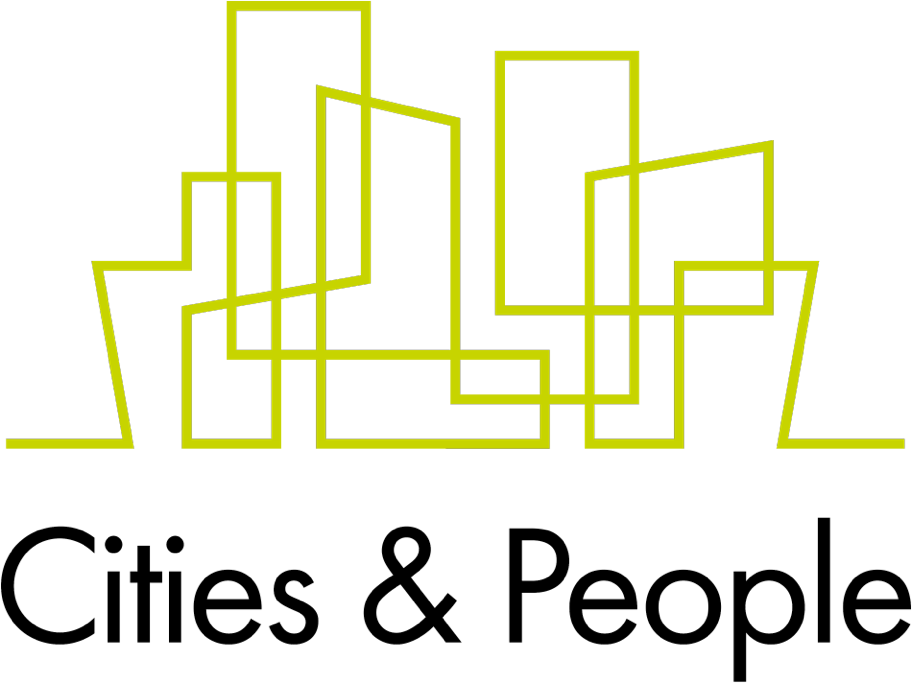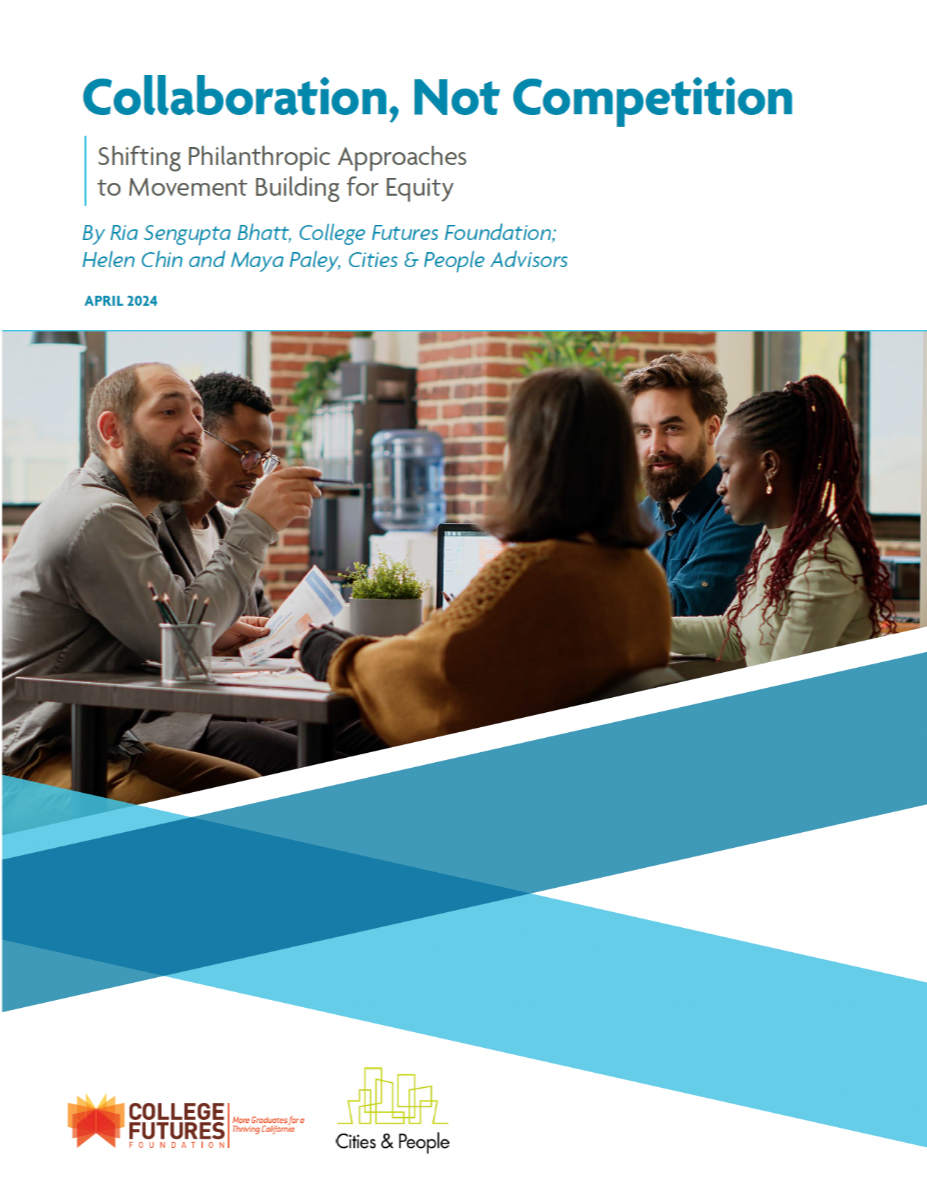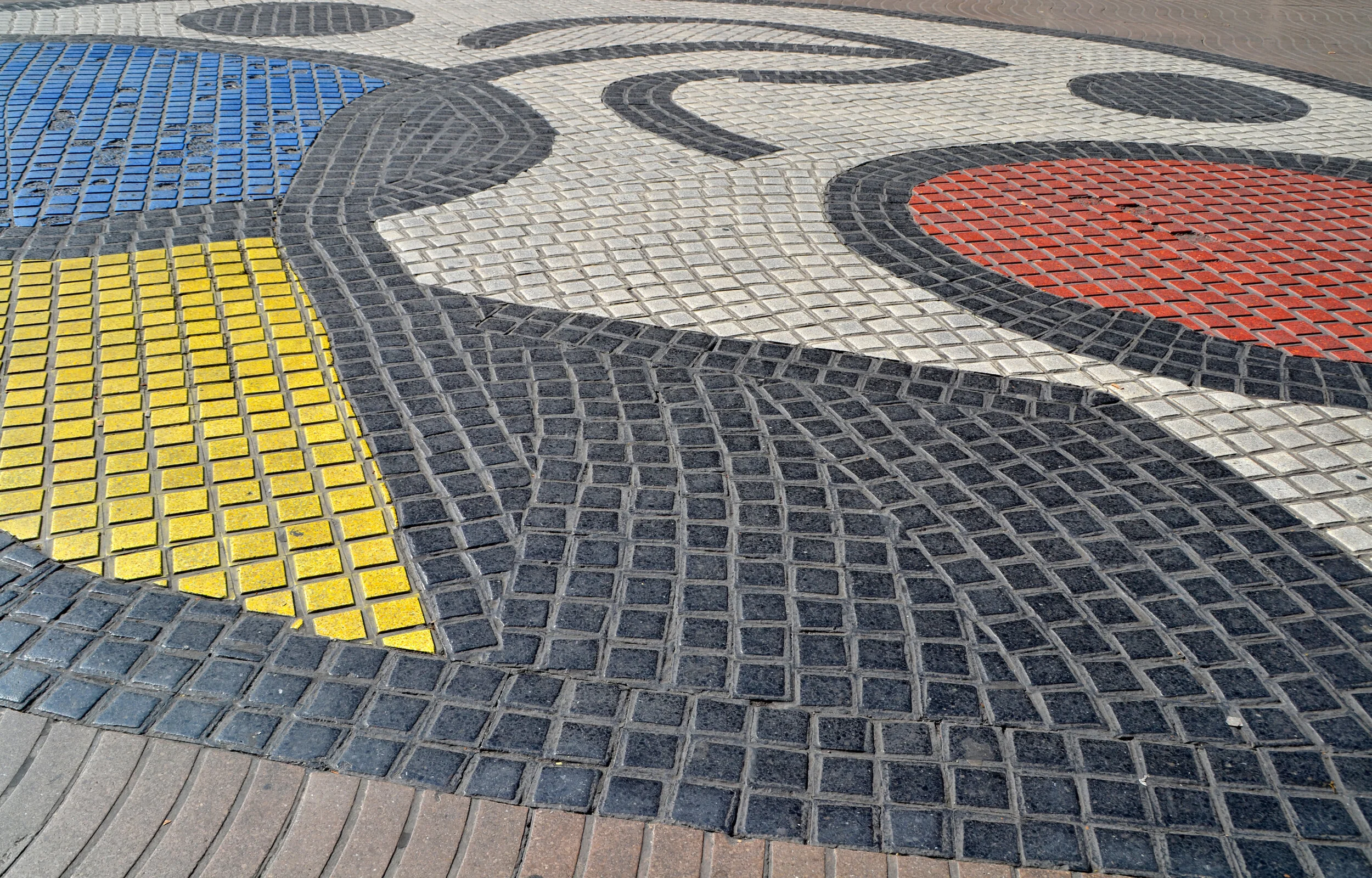The value of relationships is front and center for us, as we come off a project with College Futures Foundation that was defined by collaboration. Below, we share some of the results of that work, including a range of stories from grantees that speak deeply to the critical importance of the work College Futures Foundation does.
Read More
As we approach the end of the year, we're reflecting on what we've learned and the opportunities we've had to partner with you to do good in the world. It's been an honor to come alongside so many people who care deeply about their communities to share in that important work.
Equitable Evaluation defines our role in shifting the stiff definition of evaluation. We can help your organization work with your served population to evaluate your relationships and programs.
Read MoreCities & People Advisors (C&P) is finalizing its 4-year work planning process with First 5 Alameda County’s Neighborhoods Ready For School (NRFS) Grantees; creating a cohort-based learning community in which we guided and supported the four grantees in creating four year work plans for their work to uplift families with children ages 0-5. We also had the honor of co-creating a data profile with each grantee to showcase their impact on and with families in their respective neighborhoods. Here, C&P Advisor Helen Chin (they/she), shares lessons learned and thoughts as we move forward to support another funder supported cohort, the Environmental Leadership Institute Fellows, a program of the Liberty Hill Foundation.
Read MoreJoin Cities and People on November 28, 2023 at 11:00am for a deep dive into our new report produced with SoCal CAN: Represent All, an investigation of the diversity of student government at California's postsecondary institutions.
Read MoreAs many of you know, Laurie Jones Neighbors passed away unexpectedly on November 1 of last year. The past few months without her have been incredibly difficult, both personally and professionally. We've been so moved by the outpouring of grief and love in the aftermath of Laurie's passing, and we wanted to share some of those words with you
Read MoreThis month, for the first time in a long time, we've had multiple in-person meetings and events, including a full day with our long-term client, the Liberty Hill Foundation. I’d like to walk you through what that day looked like, and what our thinking was throughout the process - both ahead of time, and adjustments we made in the moment. It’s a field report on what real strategic planning looks like in action, and the story of a day I found to be particularly rewarding.
Read MoreI’ve been thinking a lot more about disability movements and policies lately, and about how we can use our resources and knowledge at Cities & People to support and advance those movements and policies. It’s not new territory for me, personally or professionally. But I’ve come across some new works that have redirected my thinking, and I’d like to share them with you.
Read MoreIf all my data were laid out on the floor around me in some fashion, I could never escape its breadth, not even peripherally while honing in on some specific code or case. But when it is tightly nested away from me in folders, I am more likely to pay attention to what is on top, so I have to make sure I'm digging into the backs of those drawers regularly if I'm going to keep my data at the front of my brain.
Read MoreIn every community I've worked in for capacity building, some kind of important community organizing (formal or informal) could be identified prior to my entrance. This work is foundational not only to the when we come to develop programs, but in terms of the information we need to conduct an authentic evaluation of what we think of as "our intervention." What's more, this work is likely to keep happening at some pace and to some scale, whether we are investing from the outside or not.
Read MoreAnd this brings us to here, to me, 54 years later, in the time of COVID and a dying planet, in the time of a bellowing monster of white supremacy who has taken a few arrows but isn't going down easy. In the time of festering patriarchy and unchecked capitalism, and surrounded on all sides by two dozen California wildfires, and to this attempt to lay it bare.
Read MoreBy designing programs that required tens and perhaps even hundreds of people to fly, I was racking up metric tons without even flying the miles myself. I was designing learning communities, for instance, that were dispersing 185 metric tons or more of carbon dioxide into the atmosphere of our vulnerable planet! I want to take my work to scale, but not like this.
Read MoreIn some situations, for some people, typical versions of community agreements are more than merely bogus (or even benign): they can be a tool of oppression and a means by which to protect abusers.
Read MoreAdmittedly, I've tried 1,100 ways of talking with people about transformative change through policymaking, with varied responses. I've been most successful with college students, but then again I have had them for as much as 16 weeks of lead up to the big ah-ha moment. More often, I have sixty minutes, and in this particular case I had forty-five. So, here's what I did in the whirlwind.
Read MoreWe can fly with the swallows and bees or we can stay lost in the plastic maze of human-made systems of oppression. But reading Emergent Strategy over and over has convinced me that the swallows and bees are coming back, and so I choose the murmuration. And I hope that others who read brown's book will also, even if it takes them some time to let their inner control freak go so they can get through it.
Read MoreThe whole point of learning about the system of oppression was so that we could see how it organizes us. When you see how you and others are being organized by the logic of white supremacy, patriarchy, imperialism, and capitalism, then you are in a better position to develop an intervention – to fight back strategically rather than to merely react to what is loudest or most appalling.
Read MoreLike all good pilots, we'd learned and corrected course as we went along, and while those course-corrections were documented, recommendations for what to do with specific objections were absent. WWMQPD? He'd roll up his sleeves and analyze each objective in turn, deriving useful recommendations as he went along. That made sense. I figured I'd just throw the nine objectives in to a table and write a few sentences about each one. No big deal, right?
Read MoreI could tell he thought I was a little nuts. "No," he insisted. "Separate diseases, separate expertise."
Read MoreCommunities of Practice tend to go awry when conveners and/or facilitators are not adept at the core conceptual components required for success, and the more often this happens in the philanthropic sector, the less likely participants are to enter the Community of Practice space in an open and optimistic way.
Read MoreBlogging from the American Evaluation Association's Evaluation 2017 conference in Washington, DC.
Read More


















